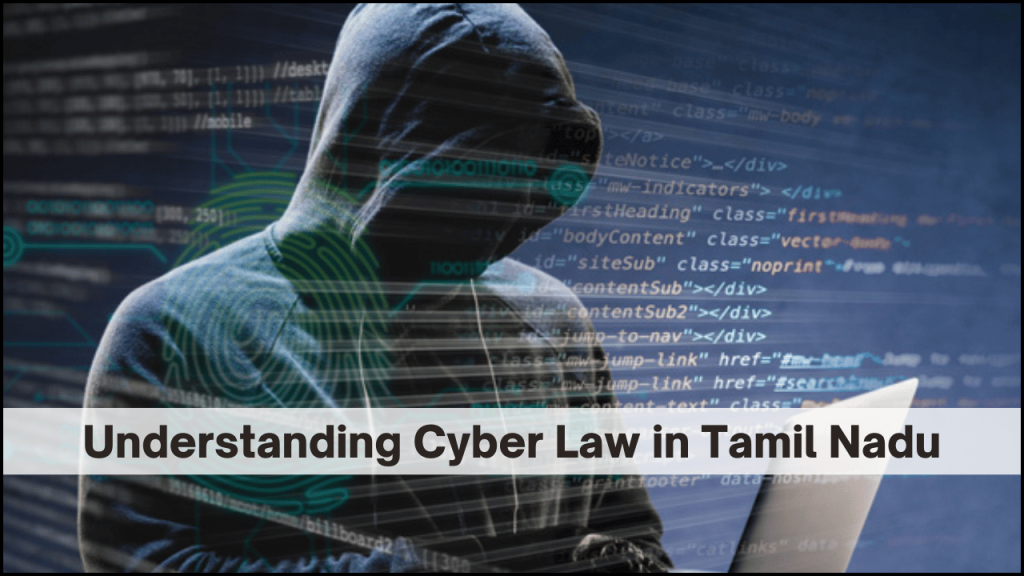
In our increasingly connected world, understanding cyber law has become essential for everyone who uses digital technology. This article explores the key aspects of cyber law, its importance, and how it affects our daily digital interactions.
What is Cyber Law?
Cyber law refers to the legal rules and regulations that govern the use of computers, networks, software, and information systems. These laws address a wide range of digital activities, from online transactions and digital communications to cybercrime and digital rights.
As our lives become more integrated with technology, cyber law continues to evolve to address new challenges and protect individuals, businesses, and governments in the digital space.
Key Areas of Cyber Law
1. Data Privacy and Protection
In today’s data-driven world, protecting personal information has become a top priority. Data privacy laws establish rules for collecting, storing, and sharing personal data.
Companies must now implement proper safeguards to protect user data and inform users about how their information will be used. Many regions have introduced comprehensive data protection regulations that give individuals greater control over their personal information.
For example, if you use social media or online shopping platforms, these companies must clearly explain what data they collect from you and how they use it. You typically have the right to access your data, correct inaccuracies, and in some cases, request its deletion.
2. Cybercrime and Security
Cybercrime encompasses illegal activities conducted through computers or the internet. Common examples include:
- Hacking (unauthorized access to systems)
- Phishing (deceptive attempts to steal sensitive information)
- Identity theft
- Malware distribution
- Online fraud and scams
Cyber security laws establish requirements for organizations to implement reasonable security measures to protect their systems and data from these threats. They also define penalties for those who commit cybercrimes.
3. Intellectual Property in the Digital Age
The internet has transformed how creative works are shared and distributed, creating new challenges for copyright, trademark, and patent protection. Cyber laws address these issues by:
- Protecting digital content from unauthorized reproduction
- Establishing rules for fair use of copyrighted material
- Creating frameworks for digital licensing
- Addressing online trademark infringement
These protections help ensure that creators can share their work online while maintaining their rights to control and benefit from it.
4. E-Commerce and Online Transactions
As more business moves online, specialized laws govern electronic contracts, digital signatures, and online payments. These regulations:
- Establish the validity of electronic contracts
- Set requirements for secure online payment processing
- Define consumer protection standards for digital purchases
- Address tax implications of online transactions
These frameworks help build trust in digital commerce by ensuring that online agreements are legally binding and that consumers have recourse if problems arise.
5. Digital Communication Regulations
Various laws govern different aspects of digital communication, including:
- Rules against online harassment and cyberbullying
- Regulations on electronic marketing and spam
- Standards for electronic record-keeping
- Laws addressing defamation and harmful content online
These regulations aim to promote responsible digital communication while respecting freedom of expression.
The Impact of Cyber Law on Everyday Life
Cyber law affects nearly everyone who uses digital technology in several important ways:
1. For Individuals
Understanding cyber law helps individuals:
- Protect their personal information online
- Recognize and avoid potential scams
- Know their rights regarding digital services
- Understand the boundaries of responsible online behavior
- Seek recourse when their digital rights are violated
For example, knowing about data privacy laws might help you make more informed decisions about which apps to download or which websites to trust with your information.
2. For Businesses
Companies must navigate complex cyber law requirements, including:
- Implementing appropriate data protection measures
- Ensuring compliance with privacy regulations
- Protecting intellectual property in digital contexts
- Meeting e-commerce legal standards
- Maintaining secure systems and networks
Small businesses in particular face challenges in keeping up with evolving regulations while managing limited resources.
3. For Society
More broadly, cyber law helps shape our digital society by:
- Establishing norms for acceptable online behavior
- Creating frameworks for digital innovation
- Balancing security concerns with privacy rights
- Addressing digital divides and accessibility issues
- Fostering trust in digital systems and services
Challenges in Cyber Law
Several factors make cyber law particularly challenging:
1. Cross-Border Jurisdiction
The internet transcends national boundaries, but laws typically don’t. This creates complex questions about which laws apply when activities span multiple countries. International cooperation has become essential for addressing cybercrime and other digital legal issues.
2. Rapid Technological Change
Technology evolves faster than legislation can keep pace. New developments like artificial intelligence, blockchain, and the Internet of Things constantly create novel legal questions that existing frameworks may not adequately address.
3. Balancing Competing Interests
Cyber law must balance multiple important values, including:
- Security vs. privacy
- Innovation vs. regulation
- Freedom of expression vs. protection from harmful content
- Intellectual property rights vs. open access to information
Finding the right balance remains an ongoing challenge for lawmakers.
The Future of Cyber Law
As technology continues to advance, cyber law will need to address emerging issues such as:
- AI governance and regulation
- Digital identity verification standards
- Virtual and augmented reality legal frameworks
- Quantum computing security implications
- Biometric data protection
The most effective approaches will likely involve collaboration between governments, technology companies, legal experts, and civil society to develop frameworks that protect rights while enabling innovation.
Future Implications
Cyber law plays an essential role in establishing rules and protections for our increasingly digital lives. While perfect solutions remain elusive, understanding the basics of cyber law helps individuals and organizations navigate the digital landscape more safely and responsibly.
As technology continues to transform society, cyber law will remain a dynamic and important field that shapes how we interact in the digital world. Staying informed about these evolving rules helps ensure that technology serves human needs while minimizing potential harms.